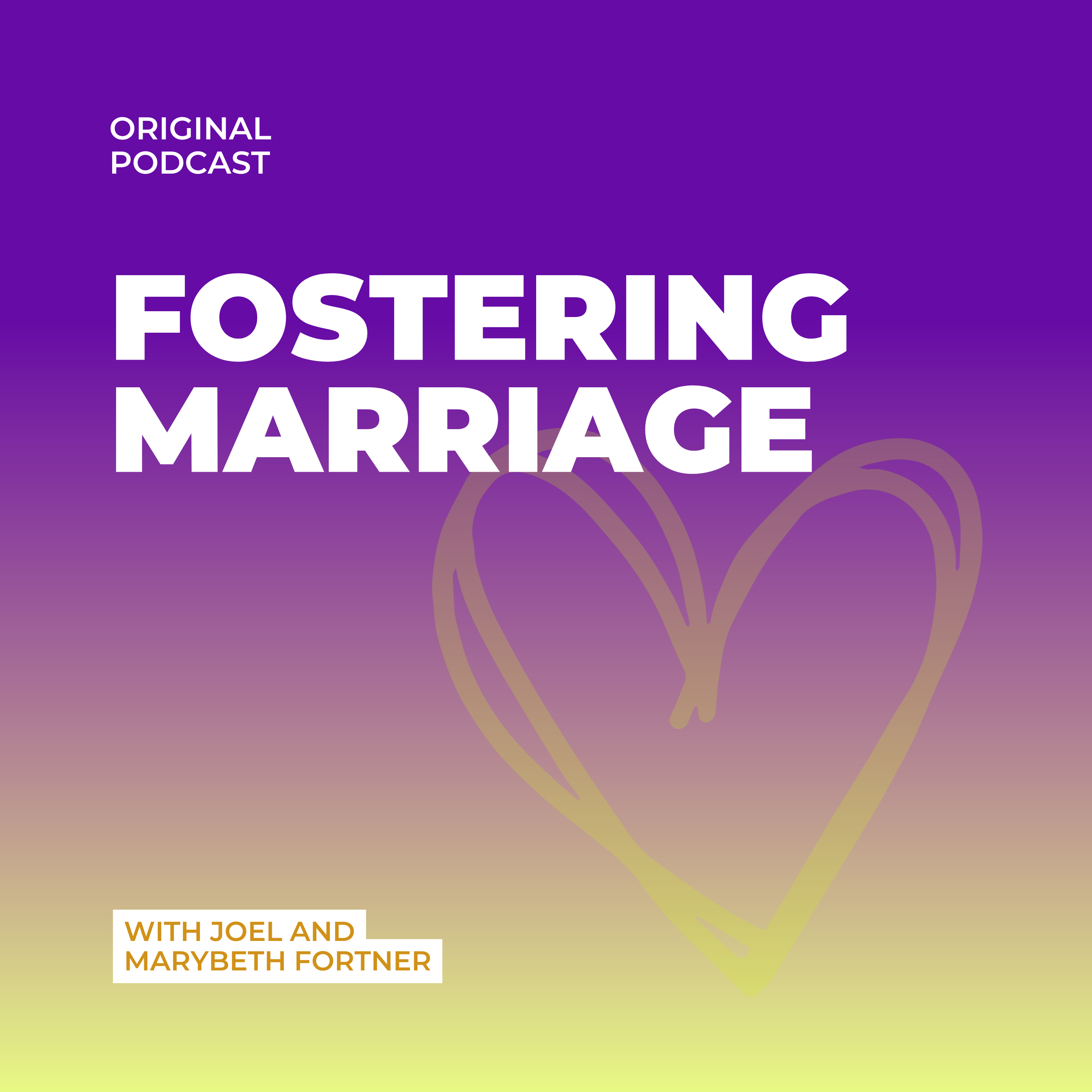Episode 15
Recognizing and working through stress-triggered responses
In this episode, we’re talking about recognizing and working through bad responses to each other as a result of stress and things that trigger you.
Stressors of fostering:
- The stressors that the main load bearer can have (episode 13)
- Bulk of tasks (paperwork to organizing now chaotic schedules) to parenting (often a child - or children with trauma)
- Stressors that the non-load bearer can have.
- There’s still a load they’re carrying including emotional, parenting challenges of their own, worry about the load bearer, or guilt or feeling responsible for the emotional well-being of the load bearer or even shame of not knowing what to do to help situations
- Triggers
- Our Root System
- Brief mention of personality styles and how they come into play - listen to those episodes (episodes 5 & 6)
Bad Responses:
- Highlight certain responses: angry, defensive, frustrated, etc.
- Recognize you’re triggered
- Importance of beginning to self-manage
- If you need to pause the conversation, pause it so you can regroup
- There’s no value in contributing to conflict
Questions to ask yourself
- What is bothering me/ What is the real problem?
- Why is that bothering me/ a problem?
- What is it I want them to hear from me?
- Do I just want to be heard? Do I want something to change?
- Am I making assumptions?
- Did I assume bad intent in my spouse?
- I’m being judged
- Am I assuming their expectations?
- (me and assuming that Joel wanted the house clean) (ask the question.)
- Am I believing any lies?
How to re-start communication
- When communication goes bad, we need to communicate about communication, not the topic anymore
- Soften tone
- Each person share how they contributed to conflict, what they’re responsible for, what they were struggling with in the conversation (without attacking/accusing) and apologize for stuff
- And then pick up the topic again
- Practice better communication from what you just learned
- Ask questions of each other
- If/ when you’re triggered by what your spouse is saying, go back to pausing or softening your tone, asking yourself why you’re triggered, etc.
- Finish telling the Joel late story
Conclusion
Personal growth and self-awareness takes time and practice and it’s essential to your marriage and parenting.
If you enjoy this podcast, rate and review it wherever you listen. It helps other fostering families find it.
And follow us on Facebook at Fostering Marriage.


